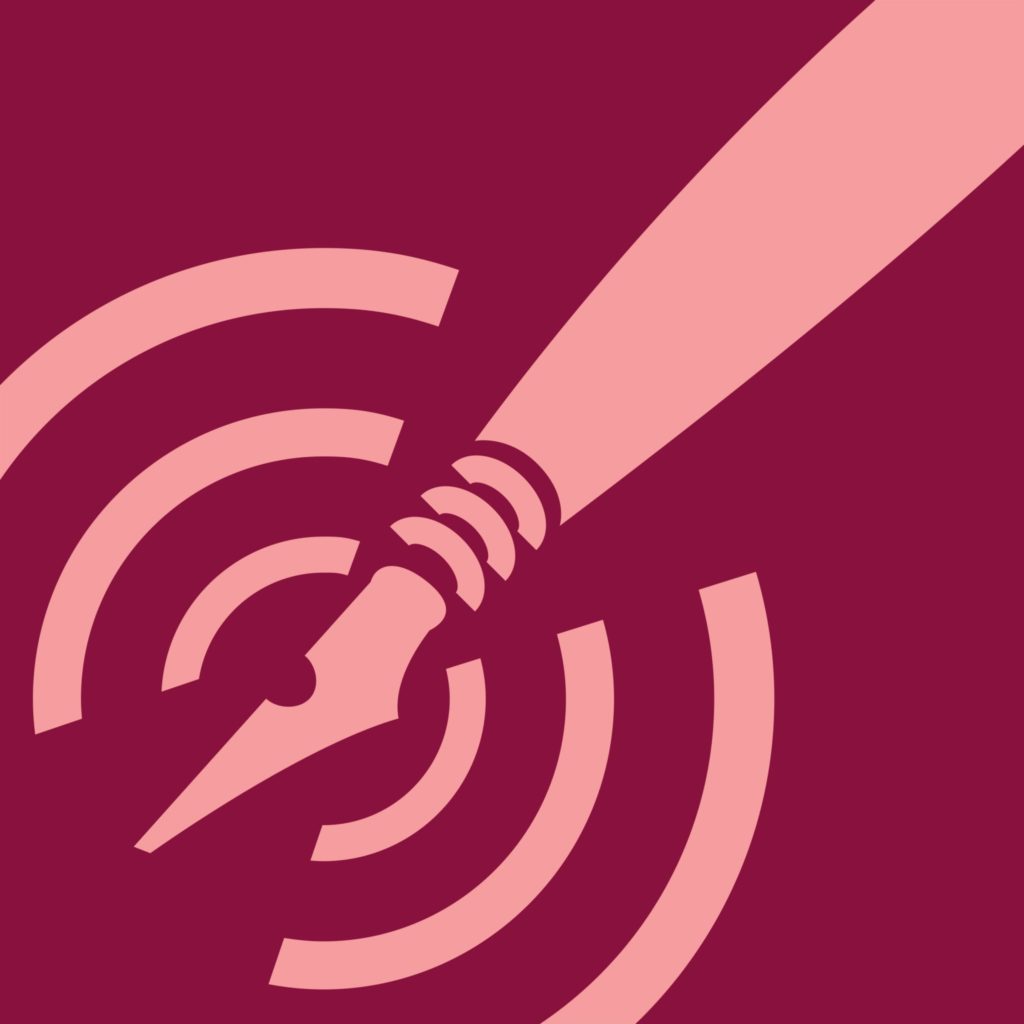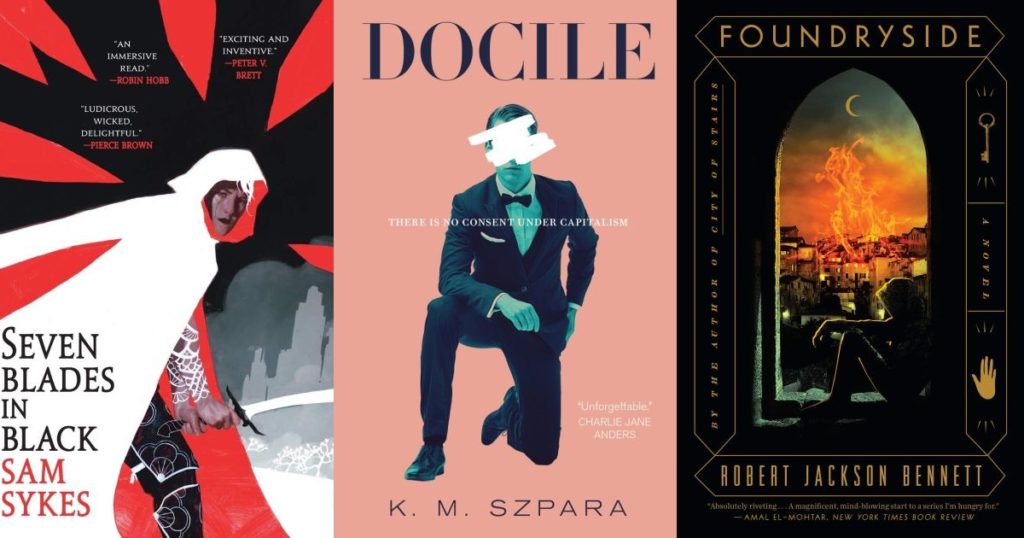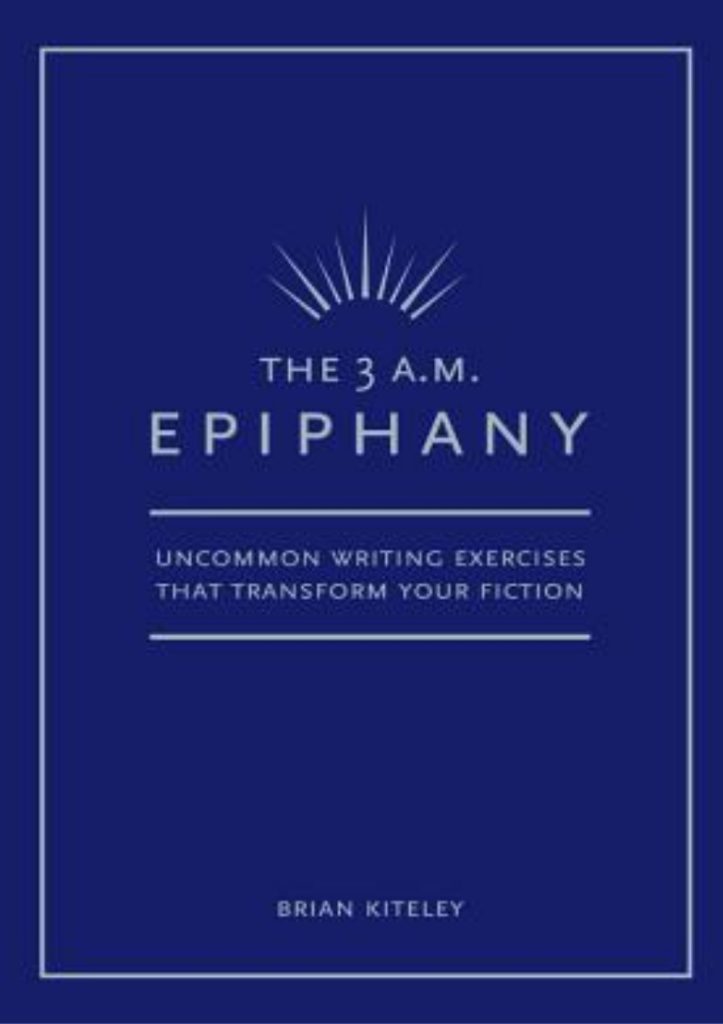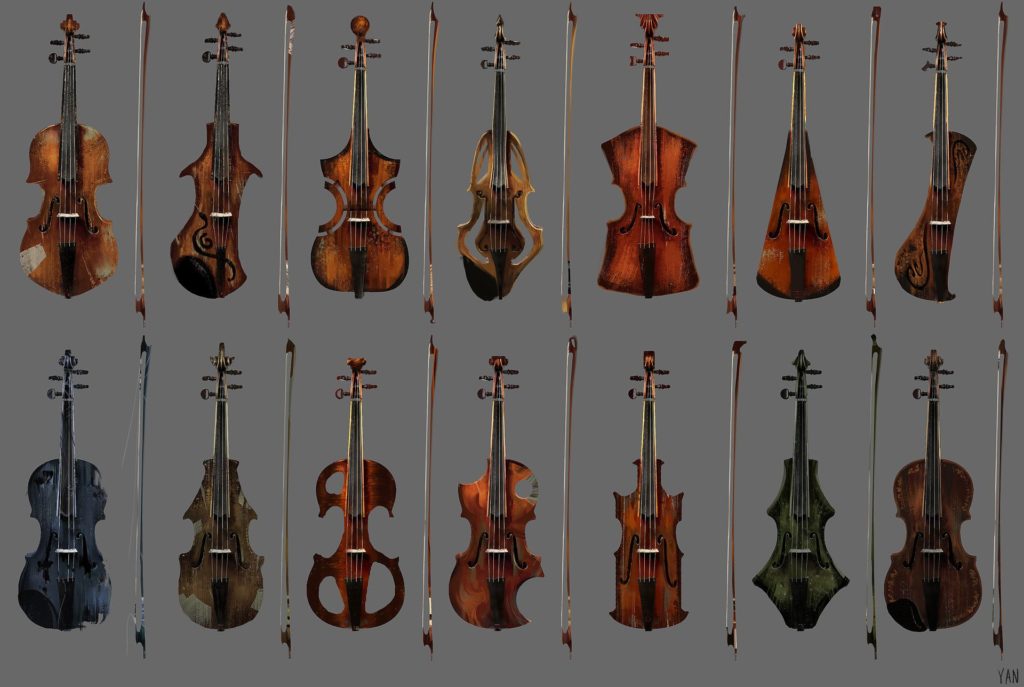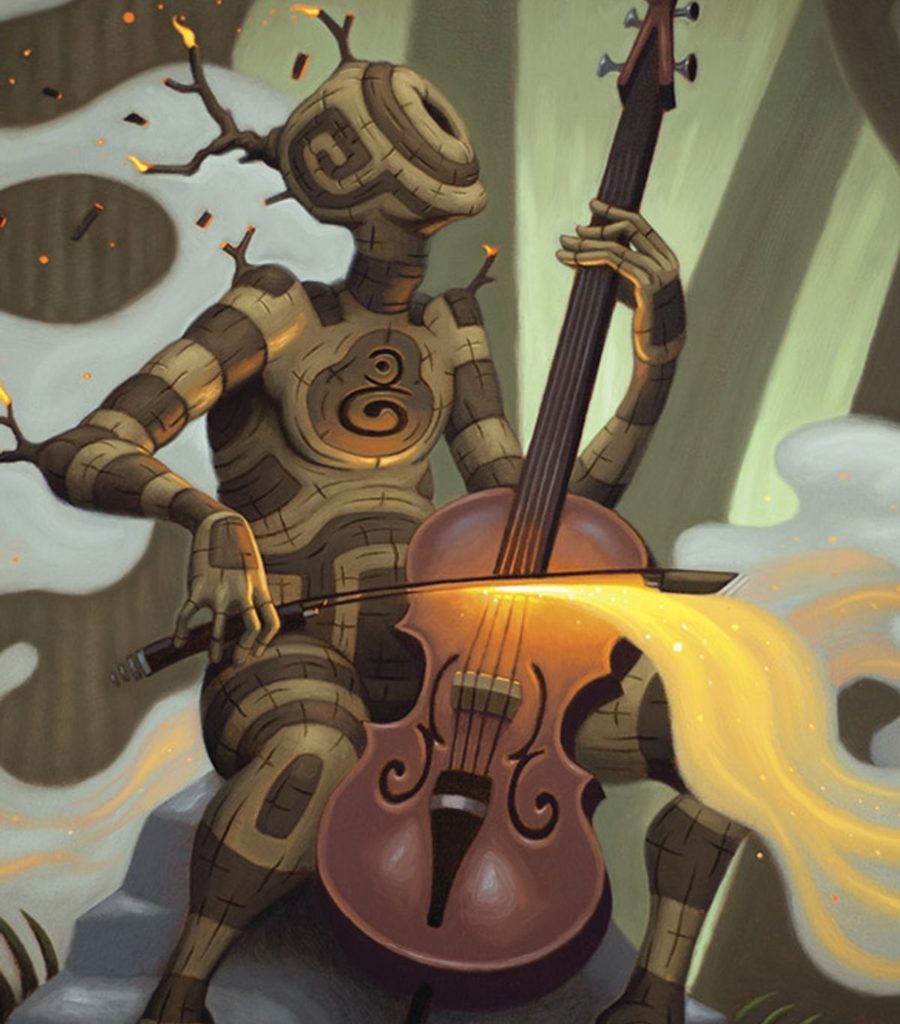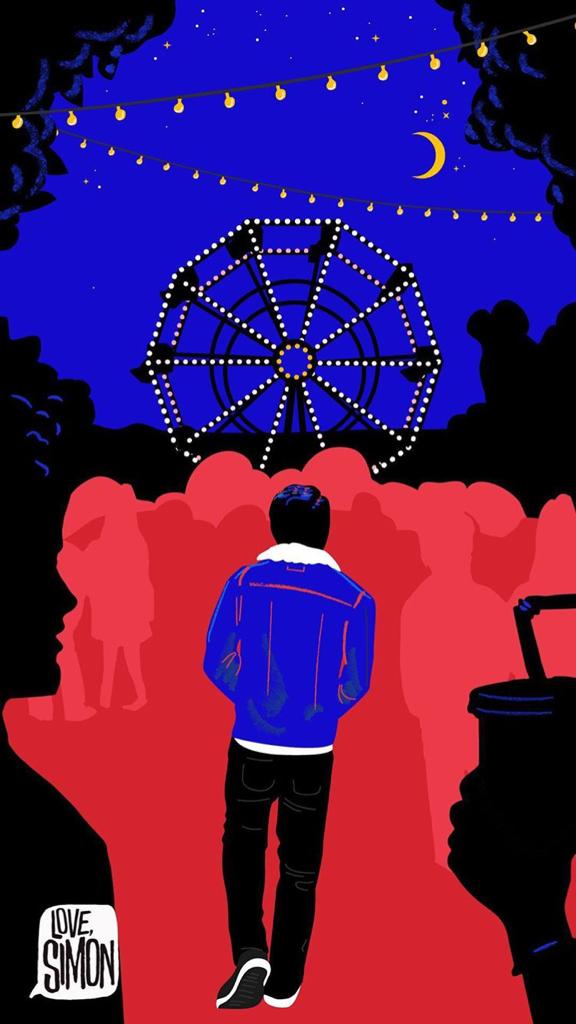I first heard about K. M. Szpara’s Docile on an Our Opinions Are Correct episode titled “The New Anti-Capitalist Science Fiction”. My speculative passions tend to go in a different direction from the exploration of social justice themes, so I was initially only mildly interested. Then, as I listened to the interview and Szpara’s passion in describing his work, I became more and more interested. And when I was lucky enough to get an ARC of Docile, I jumped on the chance to read it early.

The story takes place in a maybe-future, maybe-alternative reality, where debt cannot be negated by bankruptcy or death, but is instead inherited throughout generations. The United States have been separated into trillionaires, the people who work for trillionaires, and the destitute, who are bent under backbreaking debt. A new system allows those to sell part or all of their debt to corporations or rich individuals in exchange for a portion of their life. They become a “Docile” — read, indentured servant — and retain only seven rights, most of which do them little good, since almost everyone opts to take Dociline. The drug makes one into an obedient blob of blandness, perfectly able to follow commands, but otherwise oblivious and unable to retain memories of the time when they are on it.
However, Elisha Wilder knows that Dociline is not as harmless as advertised. His mother once sold ten years of her life to chip away at the family’s debt, and the drug never left her system. So, when he decides to sell his entire life away to absolve his father and sister of what’s left, he uses one of his seven rights to refuse the drug. The problem? His new patron is heir to the pharmaceutical empire that makes Dociline. And once Alex Bishop realizes what he has inadvertently gotten himself into with Elisha, he sets on a mission to house-break his new Docile through a system of rules, punishments, and rewards. But this leads to effects neither of them could have anticipated.
Docile is a work of dystopian fiction. It is also, in a certain sense, a romance. But at its core, it is a story about agency, consent, and power dynamics. With a lot of butt stuff! The tag line on the front cover reads “There is no consent under capitalism”, and that theme permeates every page of the story. The relationship between Elisha and Alex is so unbalanced from the get go, that any argument pertaining to consent is blown out of the water. For Elisha, the “choice” is between signing his body autonomy away (and he is well aware the transaction will involve sex), or allowing his parents to go to debtor prison, or his 13-year old sister to take his place. It is a false choice.

However, Szpara does us dirty and makes us sympathize with Alex as well. Docile is written in the first person, present tense, alternating chapters between its two main characters. Were the story only told from Elisha’s point of view, it would be easy to think of his young patron as the villain. But we get to be in Alex’ head so often that it becomes impossible not to understand what forces have shaped him. And that’s where the tag line shows its brilliance. Because Alex has no more real freedom than Elisha does. He has to own a Docile to satisfy his family and board of directors, or he risks losing everything he has worked so hard to build. To him, this is just as much a “choice” as it is to the person whose life he has purchased.
Docile however treads delicately around this dynamic. Szpara never quite “excuses” what Alex does to Elisha, even if he helps us understand him. While he is not a full on “villain”, he is certainly in the wrong for a large portion of the story. And once the dynamic is broken — in a development that I found not only unexpected, but tremendously satisfying — there are no easy answers to the predicaments both characters have found themselves into.
Docile does its best to explore the complex layers of consent honestly, but Szpara does something that I have already seen criticized — he makes the sex scenes arousing. Like, really arousing. He is good at writing sex. Not the alluded, romantic, or symbolic type of sex either, but the smutty, borderline pornographic, things-are-called-what-they-are type of sex, with some kink as the cherry on top. However (and this is where Docile should probably come with some content warning), as the book makes it clear that Elisha’s “consent” is anything but, what Alex does to him is… well, rape. Should rape be “sexy” then?
No, it should not. But things are not as simple as that. As Szpara keeps us so close to the characters that we can taste their sweat, he allows them to experience what happens to them through their own senses. Elisha experiences his own breaking in a fog of confused arousal, and so I appreciate the author’s ability to convey that in the description of the act. Now, does this explanation work for everyone? No. Should it? Maybe not. But it did work for me and in a certain way, it heightened the experience of reading the story.

In the end, Docile is very clear about what its goals are, but it goes beyond the call of duty. I expected some exploration of late stage capitalism, some romance (though I was surprised at how complex Szpara’s approach to that was), perhaps a whiff of slave-fic. What I did not expect, was how well the book would be written. The nearly 500 pages flow with ease, the voice of each character so engaging, the plot so well paced, that I could not put the damn thing down. The book delivers on its promises, but more than that, it is entertaining as all fuck, smart, just the right amount of sexy, and both brutally, and tenderly honest. It is a big recommendation from me, and I cannot wait to see what Szpara does next.

